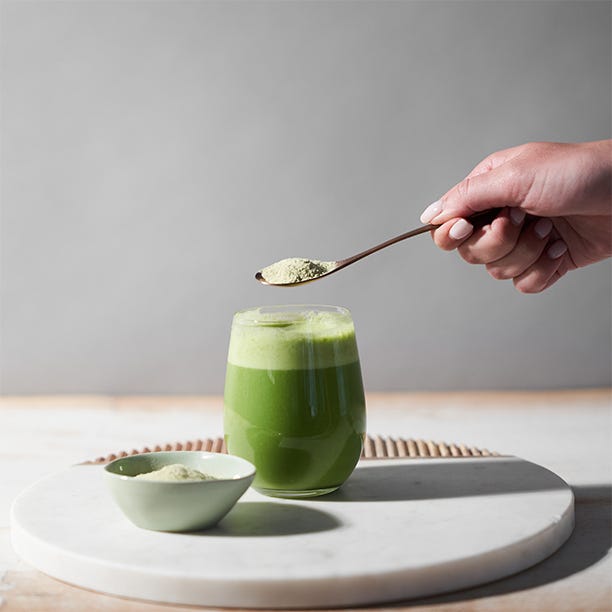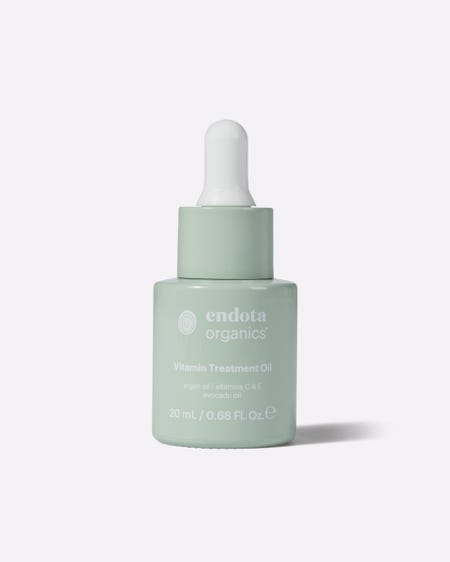
by Dr Libby
March 2020
Is nutritional supplementation necessary?
In today’s world, we are bombarded with so much information on supplements, “superfoods” and what (or how) we are supposed to be eating to meet our nutritional requirements. Amidst all the conflicting messages it’s no surprise that so many end up confused about what they should or shouldn’t be doing to optimise their health and wellbeing.
When exploring the topic of nutritional supplementation, it’s important to remember that nutritional deficiencies can impact us in a variety of ways. Feeling tired despite getting enough sleep, having low energy levels, a dry, dull complexion, skin that scars easily and frequently getting sick can all be signs of certain nutrient deficiencies. There are also certain nutrient deficiencies that can have long-term impacts on our health, so it’s important to be conscious about whether or not our nutritional requirements are being met on an ongoing basis. This is even more important for people who need to, or choose to, restrict certain foods long-term. For example, for those who follow a vegan diet, it is essential to supplement vitamin B12 (or consume fortified foods) to prevent a deficiency from developing over time.
Those who are familiar with my work will know I am a huge fan of getting as many nutrients as we can from our food first, before supplementing. Nothing on this planet can replace a nourishing way of eating. Yet, as much as I wish we could get everything we need to thrive from our food, I believe it is becoming more and more difficult to do so for a variety of reasons.

"Taking supplements can be of immense benefit to us to prevent nutrient deficiencies and maintain exceptional health"
- Dr. Libby Weaver
First, the quality of the soil in many parts of the world is not what it once was. And if a nutrient isn’t in the soil it can’t be in our food. Typically, in conventional farming practices, only three nutrients are fertilised back into the soil: nitrogen, potassium and phosphorus. This means many can be missing. So, if certain essential nutrients become depleted in the soil, they’re going to be present in lower amounts or in some situations missing in foods grown in this. That’s not to say that conventionally grown produce isn’t nutritious—it’s just that we may be getting less bang for our buck than we historically did. And, if anything, many people are now eating less fresh produce and fewer home-cooked meals, rather than more.
Secondly, at certain times in our lives our nutritional needs increase. Periods of stress are one such example that drive our nutrient requirements up. The thing is, many people either identify as being stressed daily or exhibit signs of ongoing stress in the body. When the body is churning out stress hormones relentlessly, we need an increase in our nourishment to keep up with the additional nutrients this demands. However, most people don’t naturally reach for more green leafy vegetables when they’re feeling stressed, rushed or overwhelmed—it’s much more common to gravitate towards convenience foods that tend to be high in added sugar and/or poor-quality oils, and low in nourishment.
Taking supplements can be of immense benefit to us to prevent nutrient deficiencies and maintain exceptional health—both through times of stress and just in your daily life. It’s important to remember, however, that supplements are designed to be just that—supplements. We still need to maintain a nourishing way of eating that focuses on whole, real food with plenty of vegetables. Food is so much more than just the vitamins and minerals they contain—vegetables contain a complex blend of beneficial phytochemicals, for example, that cannot be replicated in a lab, which is where most (but not all) supplements are created. Also, if we’re taking supplements to help us cope with stress, we can’t expect a pill or a capsule to fix this. While supplementation may offer additional support, in order to address the issue, you’ll also need to get to the heart of why you’re producing too many stress hormones in the first place. This might mean embracing other strategies such as diaphragmatic breathing or meditation, as well as exploring your perception of pressure and urgency to see what stress really is for you, to further support your body.
If you have specific concerns about your health, always seek advice from your health care provider, and please consult with your healthcare practitioner prior to starting any new supplements if you have a diagnosed medical condition and/or are taking prescribed medications.

Words by Dr Libby Weaver
Dr Libby Weaver (PhD) is one of Australasia’s leading nutritional biochemists with a desire to help people regain their energy and vitality through her books, live events, online courses and plant-based nutritional supplement range. Published in 14 countries and having sold over 450,000 books across New Zealand and Australia, she is a 13 times best-selling author and is regularly called on as an authoritative figure in the health and wellness industry.



